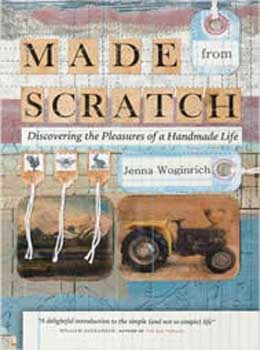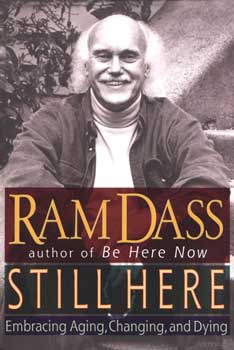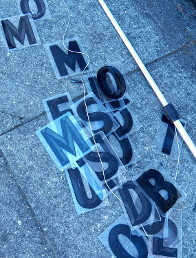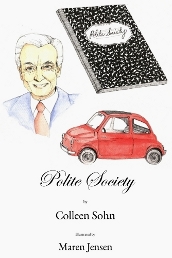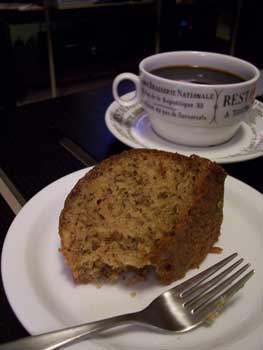
This, my friends is a slice of terrific banana cake. I’ve adapted it from what I think is a pretty terrific book, Classic Home Desserts, by the late Richard Sax. My number one favorite in this department, and one that I’ve had since 1994, longer than any other, of any kind, I might add. As someone who is a great purger, this is saying a lot. This book, no doubt, will be with me until it is coming apart at the seams, all 688 glorious pages. It is full of great stories and historic recipes, not only a treasure to bake from but one to read, as well. I’ve made countless recipes from it, all went off without a hitch and tasted even better (two other examples are here and here). How is that for a product endorsement? Fortunately, the book is not out of print, but the latest edition, from 2000, is, in my opinion, prohibitively expensive, at least on Amazon ($45 used – $99 new, zoiks!), so, if you’d like to give it a try, head to Powell’s (I’ve seen used copies for $25), your local library, or cross your fingers that they print another edition.
Anyway, to the recipe. I’ve adapted it from his original, of course, for it is my way, but I honestly don’t think he (or you) will mind. An additional bit, part of my love for this cake stems from the fact that it is made in a Bundt style pan. Have I ever spoken of my love for the Bundt pan? Dessert is somehow elevated when it comes out of a pan shaped like that, truly.
Banana Cake
1 cup all-purpose flour
1 cup whole wheat flour
2 teaspoons baking powder
2 teaspoons baking soda
1/4 teaspoon salt
1 1/2 sticks butter, softened or, if you are short on time, grate it fine with a cheese grater
1 cup sugar
3 eggs
2 teaspoons vanilla
3/4 cup ripe mashed banana (about 2)
1/4 cup, plus 2 tablespoons sour cream or plain yogurt
Preheat the oven to 350. Generously butter a 10″ tube or Bundt pan. Sift the flour with the baking powder, baking soda, and salt into a small bowl. Set aside.
Beat the butter with an electric mixer at medium-high speed until very light. Gradually add the sugar and continue to beat until fluffy. Beat in the eggs, one by one; beat in the vanilla. Put mixer on the lowest speed and add half of the flour mixture, alternating with the banana. Add the remaining flour, alternating with the sour cream or yogurt, in batches. Do not overmix. Pour the batter into the prepared pan.
Bake until a toothpick inserted in the center comes out clean, about 50-55 minutes. Cool on a wire rack for 10-15 minutes. Carefully unmold the cake and cool to room temperature. Eat plain, dust with powdered sugar, or frost. This is great with a caramel, vanilla, or chocolate frosting. I’ll bet it would be great with a cream cheese frosting, too. You can’t go wrong! Like the picture, it also tastes great with coffee.
Enjoy!


